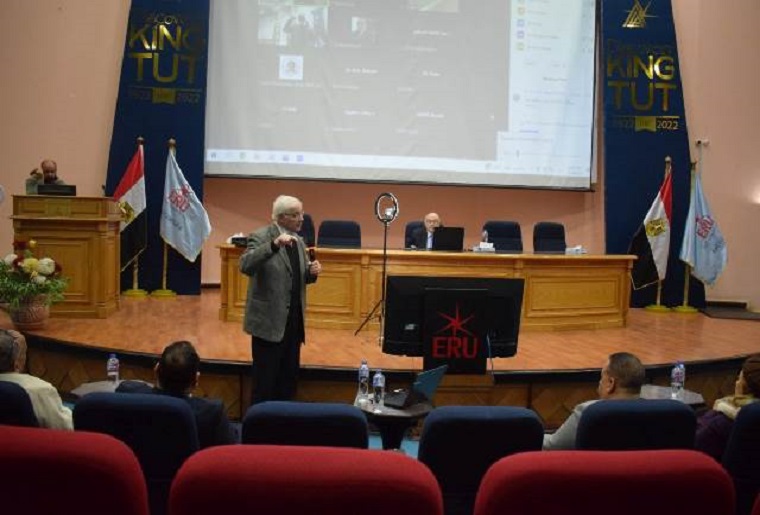
A Lecture on the Third, Fourth Generation, Smart and Green Universities at the Egyptian Russian University
Prof. Sherif Fakhry Mohamed Abdel Nabi, President of the Egyptian Russian University, announced that, based on the university’s belief in its role in achieving intellectual progress and leading development, and in creating a unique academic environment capable of positive influence, Prof. Essam Khamis Ibrahim, the University Vice President gave a lecture entitled: “Third Generation, Fourth Generation, Smart and Green Universities” at the Egyptian Russian University attended by the deans of the faculties and a group of professors, assistant staff and students. Prof. Khamis pointed out that members of the Association of Arab Universities were invited to attend remotely and the lecture was attended by Prof. Amr Ezzat Salama, Secretary General of the Association of Arab Universities, and Prof. Khamisi Hamidi, Assistant Secretary General of the Association of Arab Universities.
In the same context, Dr. Essam Khamis Ibrahim, Vice President of the Egyptian Russian University, stated that the concept of the four generations of universities was reviewed, where the first generation was concerned with the educational process, and the second generation combined the educational process with scientific research in order to discover nature during the second industrial revolution. The third generation universities emerged with the third industrial revolution, the “digital revolution” in 1960 with the discovery of computers and the Internet, and the use of Web tools and technologies in learning.
The Vice-President of the Egyptian Russian University confirmed that the third generation added the exploitation and marketing of qualitative knowledge from the outputs of scientific research, leading to pioneering innovation through the use of technological incubators and the like in order to produce added value to the economy, contribute to social development, link universities with society as well as the industrial sector in practice, and to focus on innovation and entrepreneurship.
Dr. Essam Khamis Ibrahim referred to the priorities of education, scientific research, and smart universities that have benefited from technological progress, as they have smart campuses that apply innovative methods of learning and teaching; such as linking educational platforms, smart devices and advanced software that use grand data sensors. He also displayed the components, goals and characteristics of smart universities, and mentioned examples of services provided by smart universities to students, faculty members, employees and community.
ERU Vice President talked about green universities that can meet their needs for natural resources such as energy, water and raw materials, thus achieving sustainable development, as they play a pivotal role in solving environmental life threatening problems.
Dr. Essam Khamis Ibrahim also pointed out the goals, tools, and benefits of green universities. He mentioned the classification of environmentally friendly green universities, such as the global green scale organized by Indonesian universities, as well as Princeton University Guide to Green Undergraduate Colleges, which is based on six main criteria: “green statistics, energy, climate change, management waste, water use, transportation, and education”
The Vice President of the Egyptian Russian University referred to the names of the Egyptian universities that were included in the classification of green universities in 2022, indicating that the Egyptian Russian University has taken effective steps in this file and that the university has already been included in this classification. At the end of the lecture, the attendees, as well as the participants, asked many important questions and discussed various vital points.
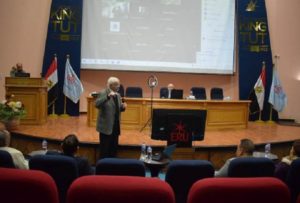

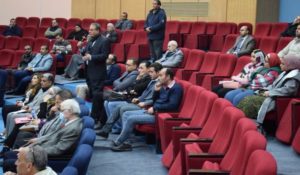
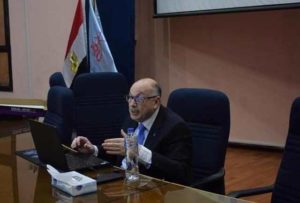
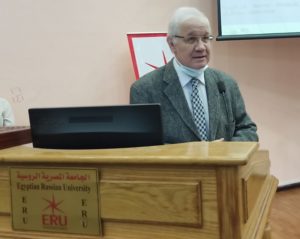
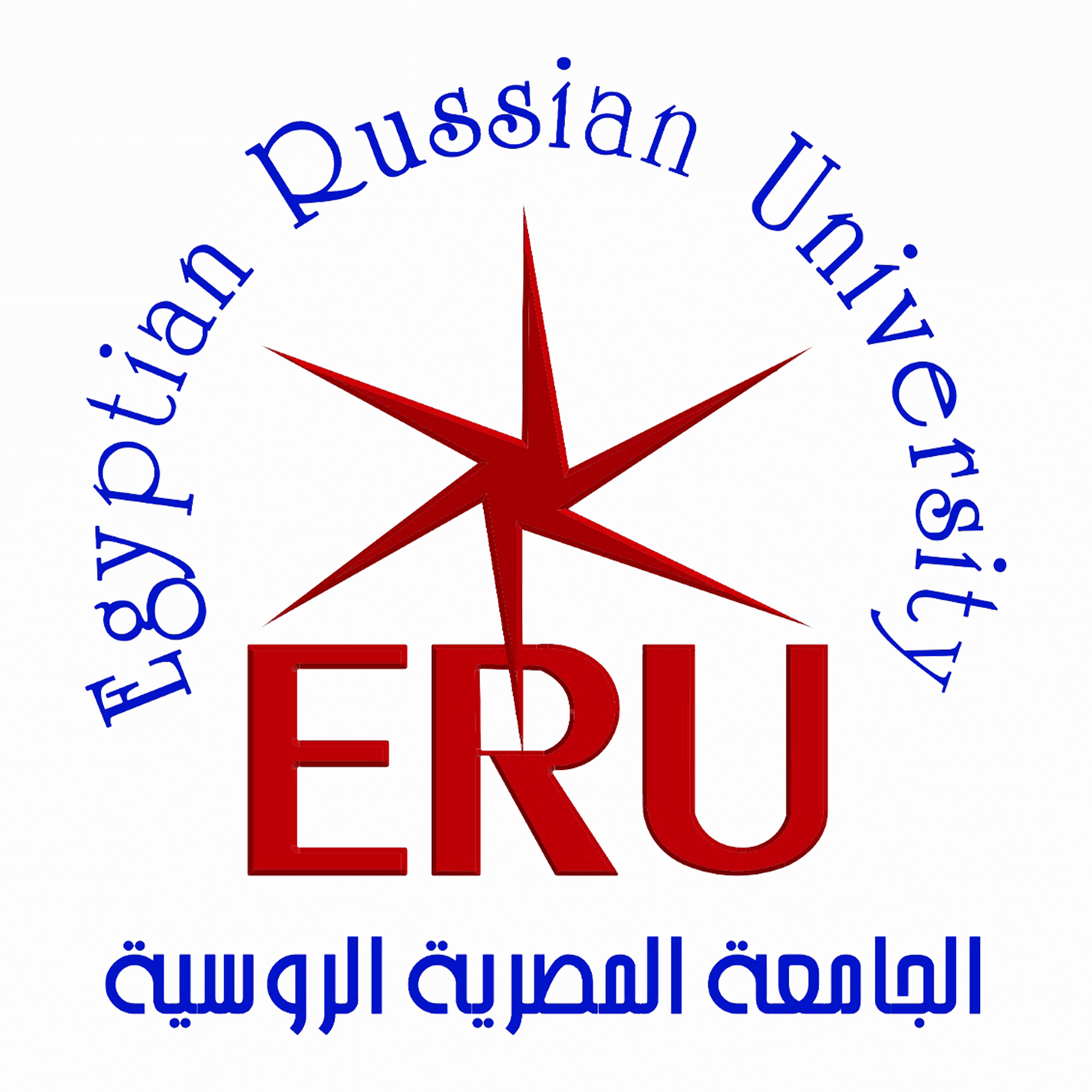







 Total Users : 322119
Total Users : 322119 Total views : 672263
Total views : 672263 Who's Online : 1
Who's Online : 1 Your IP Address : 3.17.79.60
Your IP Address : 3.17.79.60